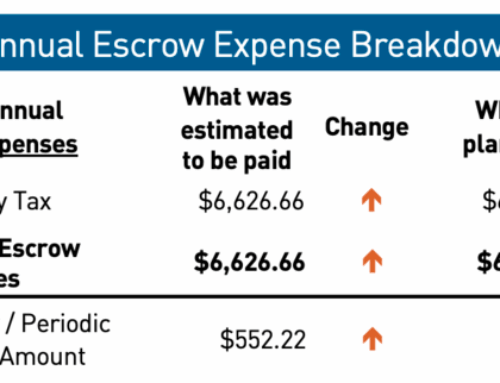Officials in New England approved a new law that makes unenforceable a “predatory” practice often targeting older homeowners that binds them to a single real estate broker and limits future options to sell their homes.
Rhode Island recently became the latest state to pass legislation against NTRAPs, or non-title recorded agreements for personal services. Officials in both of the state’s chambers approved the bill on a bipartisan basis, with the governor signing it into law last month.
Brokers offering NTRAPs will often entice homeowners with a cash gift in exchange for signing agreements as long as 40 years that grant the agent exclusive rights to future sales transactions. Hidden within the contract are terms that include sizable financial penalties for early termination or recording of the agreement in property records as covenants and encumbrances, with the broker’s name subsequently appearing in title searches.
“The property rights of American homeowners must be safeguarded,” said Elizabeth Blosser, chief of strategy, communications and innovation at the American Land Title Association, in a press release.
“It is essential to ensure there are no unreasonable restraints on a homeowner’s ability to sell or refinance their home in the future due to unwarranted transaction costs,” she added.
The new law now makes NTRAPs unenforceable in the Ocean State and prohibits attachment of the agreements to property records. Real estate brokers attempting to circumvent the law and record NTRAPs will face penalties and see the agreements erased.
With the bill’s signing, Rhode Island joined 32 other states in enacting similar protections, part of an ongoing effort between the title industry and senior citizen advocacy groups.
“We look forward to working on similar legislative solutions in more states to help protect homeowners against this predatory real estate practice,” said Samar Jha, government affairs director at the American Association of Retired Persons.
How NTRAPs impact homeowners
The agreements began appearing as covenants and encumbrances on property records in 2018, according to ALTA. Language within the contracts imposed fees of 3% of a home’s value on its owners if they wished to remove those encumbrances for any number of reasons, such as using a different real estate broker or transferring the title to a family member.
Charges also applied if title change resulted from death, divorce or foreclosure.
“The agreement isn’t that simple,” said Rep. Susan Donovan, a member of the Rhode Island House of Representatives and one of the bill’s sponsors, after the law became effective.
“It can be a roadblock to refinancing or applying for a home equity loan. These predatory agreements don’t benefit homeowners. I’m happy that Rhode Island is now among the growing number of states that prohibit them,” she continued.
Among the most notorious providers of NTRAPs is Florida-based MV Realty, which promoted the contracts as “homeowner benefit agreements” and is currently involved in legal battles in 11 different states. The company, which declared bankruptcy in 2023, said at the time it still had 38,000 agreements under contract.
Last month, the company agreed to unconditionally release thousands of customers in Florida from their agreements under threat of enforcement actions by state regulators.
In North Carolina, Stone Brook Partners, a separate business led by MV Realty CEO Antony Mitchell, is also currently under investigation by that state’s attorney general for offering the same type of agreements.

